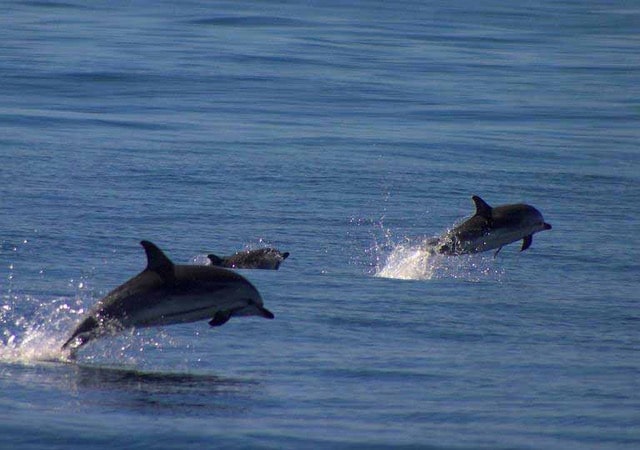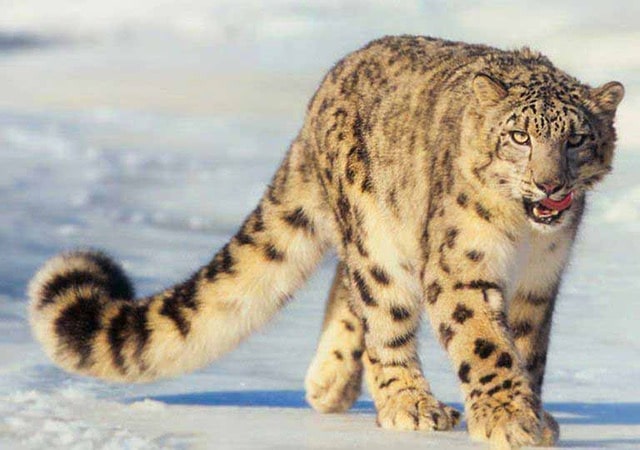Just search the internet for “sixth extinction” or “climate change” or “planetary crisis”. Much is being written about this at the moment – and for good reason. It’s good that the world is waking up to what is happening and you can be amongst those spreading the word, often in informal ways. So arm yourself with facts about the current state of nature and the most effective ways that people can help.
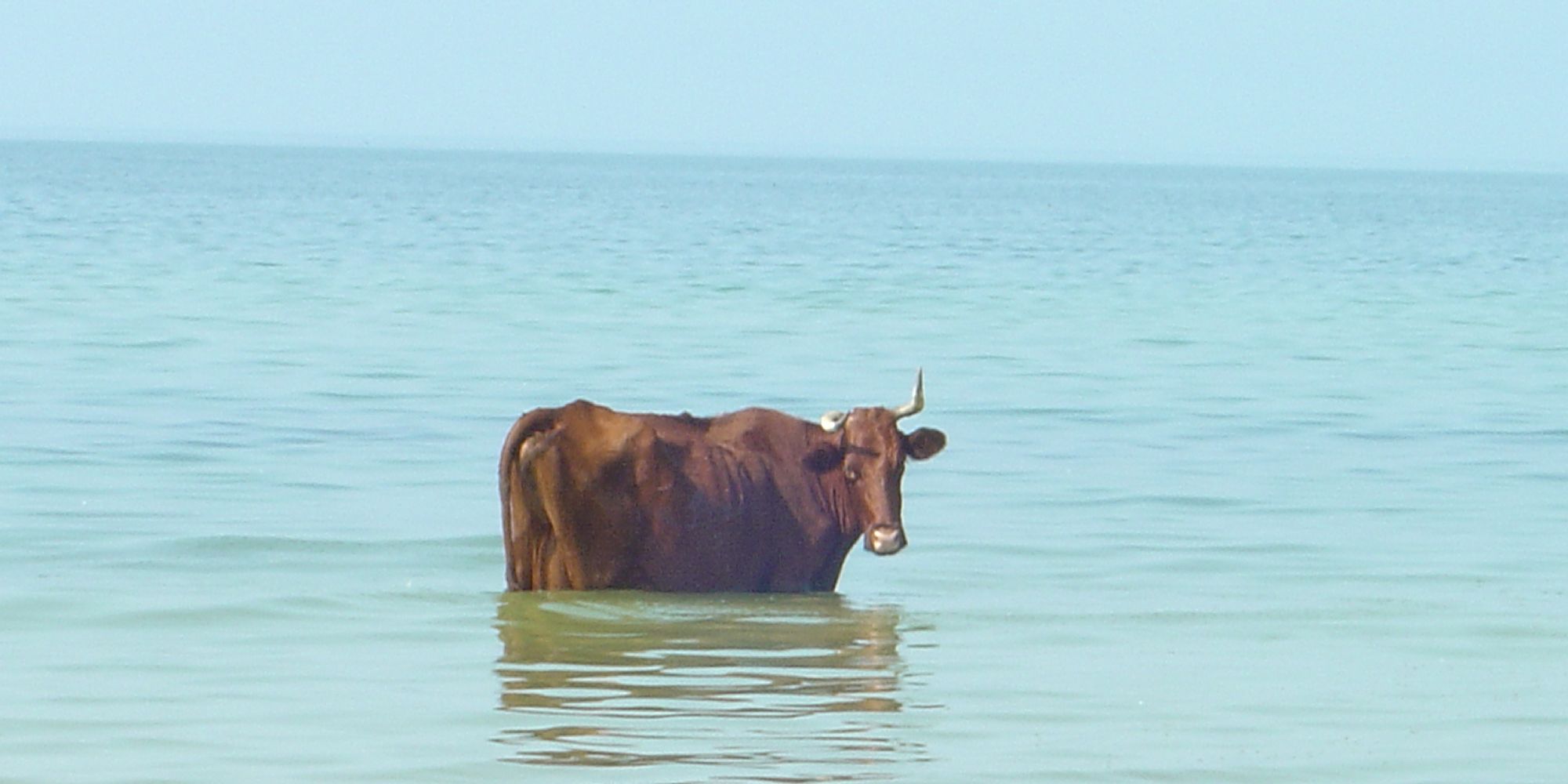
What Biosphere Expeditions does: We are part of this process and on our 20th anniversary have added activism, such as this campaign, to what we do for nature. In our first 20 years we were focused on citizen science and wildlife conservation. This is no longer enough, because the undeniable crisis our planet is in demands more action and activism. It demands a radical rethink of how we run our lives, societies and the way we treat our planet.
Combining conservation with your holiday is a growing trend. Combining some time away from work or domestic chores with a great outdoors experience is good for our mental health as well as the environment. NGOs such as Blue Ventures, Operation Wallacea and Biosphere Expeditions organise trips to many places around the world in support of scientists working in remote and challenging places so that you can work alongside them and help them out in the field. Remember not to fly, if at all possible, or, if you have to, make your flight really count!
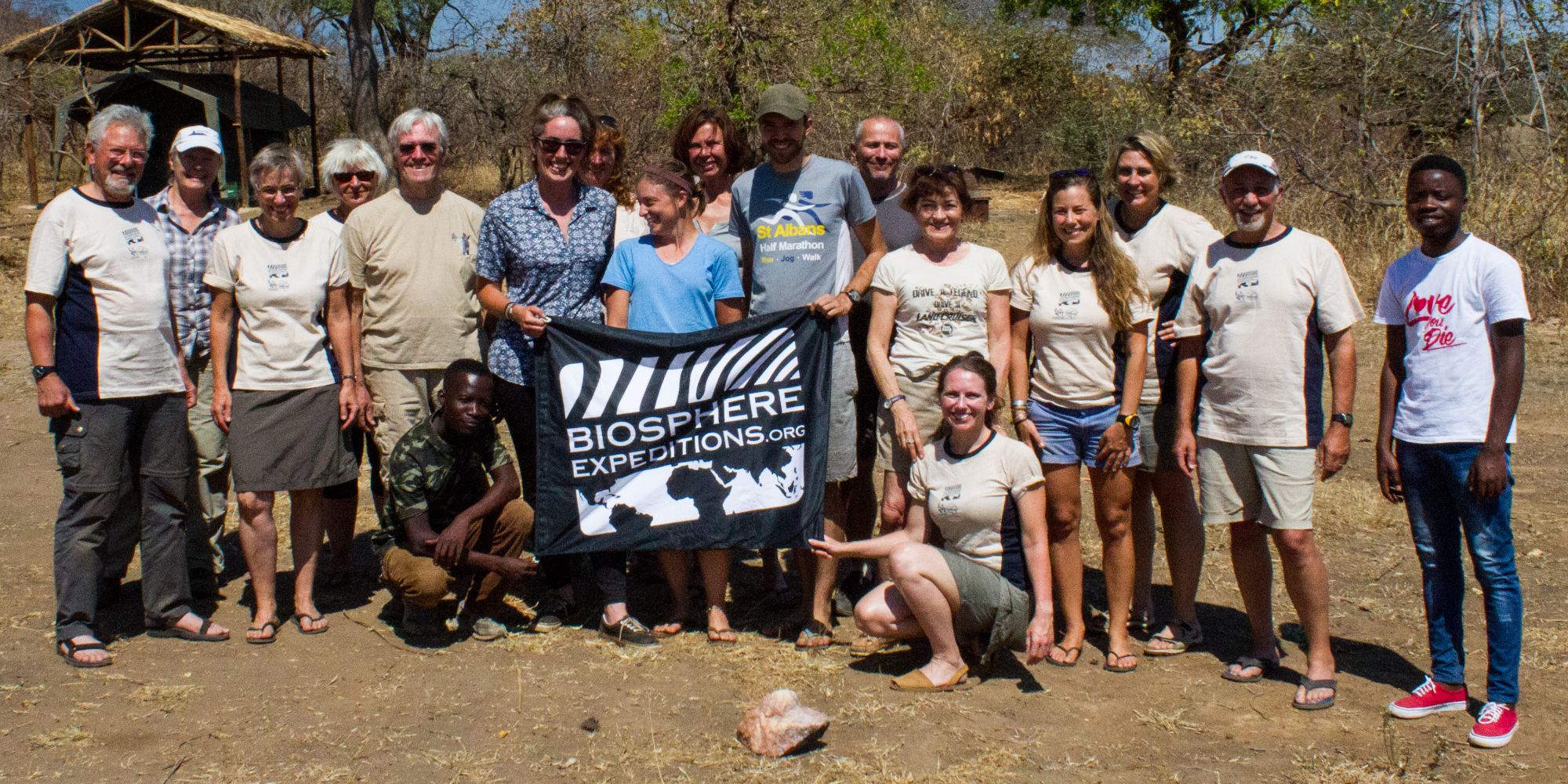
What Biosphere Expeditions does: Combining citizen science, wildlife conservation and a different kind of holiday is the bread and butter of what we do. There are also many other organisations offering these kinds of experiences. But be aware that there are lots of charlatans amongst them, so check out our Top Ten Tips on how to choose an experience that’s great for you and for the planet.
Volunteer at your local nature park or reserve and help support organisations that look after our wild places. Many organisations will train volunteers to undertake physical work such as scrub removal or tree planting, as well as organising surveys of different species, so go along to your local nature organisations and see if you can take part in some invasive plant removal or a butterfly survey, or help count frogs, birds or a myriad of other species.
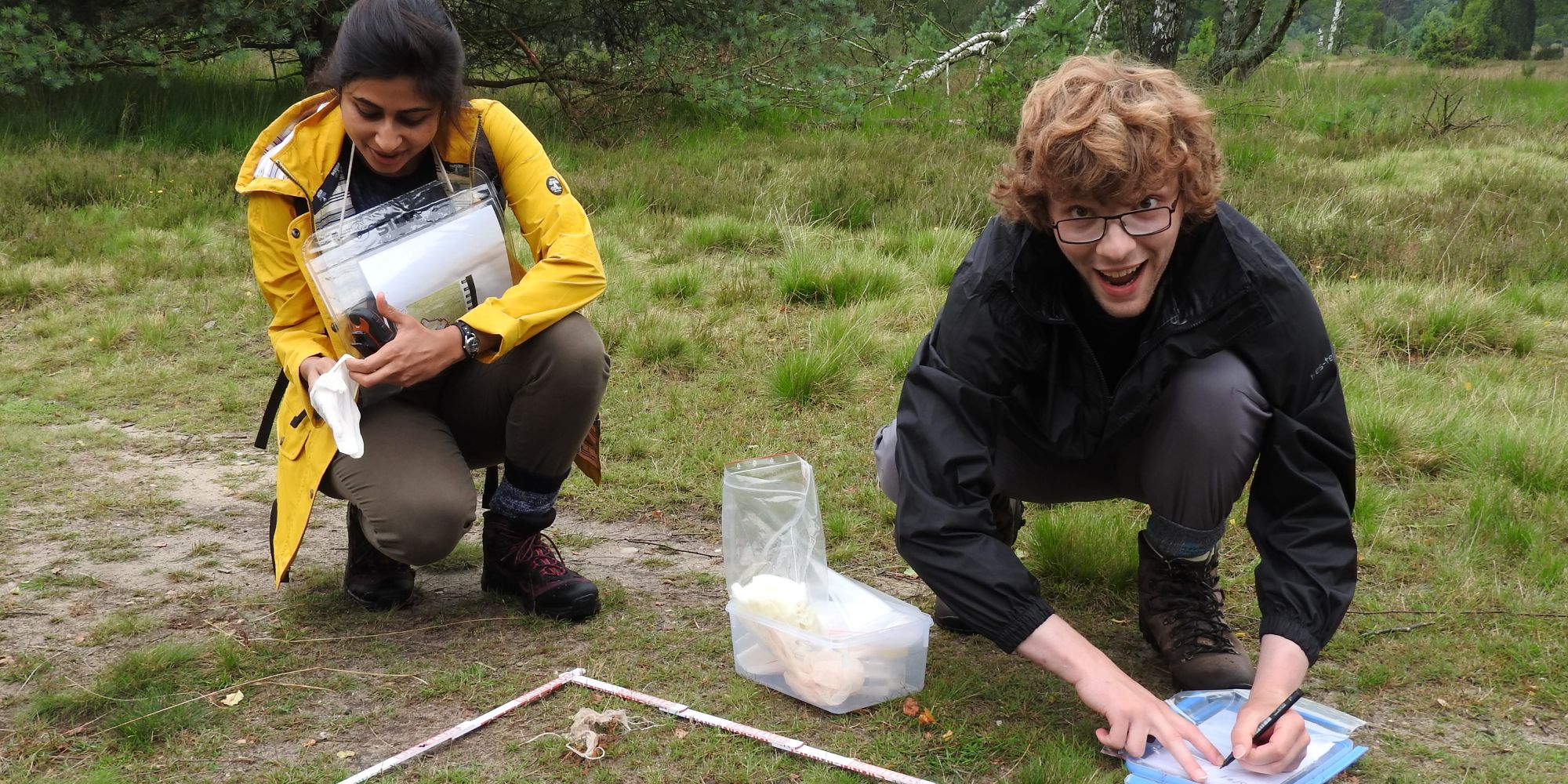
What Biosphere Expeditions does: Just that, only in more remote and challenging places abroad.
There is a host of citizen science apps to make records of things that you see in nature when you are out and about. A lot of conservation organisations now produce their own apps to help monitor a variety of species. The apps usually walk you through how the survey process and how to identify different types of animals, so you can learn as you go. Some good examples from the UK are Mammal Tracker and Bee Count, but there are many available. And of course apps extend well beyond nature monitoring. For example, citizen activism through air quality monitoring apps has helped tackle air pollution across Europe. So there is much for you to get involved in!
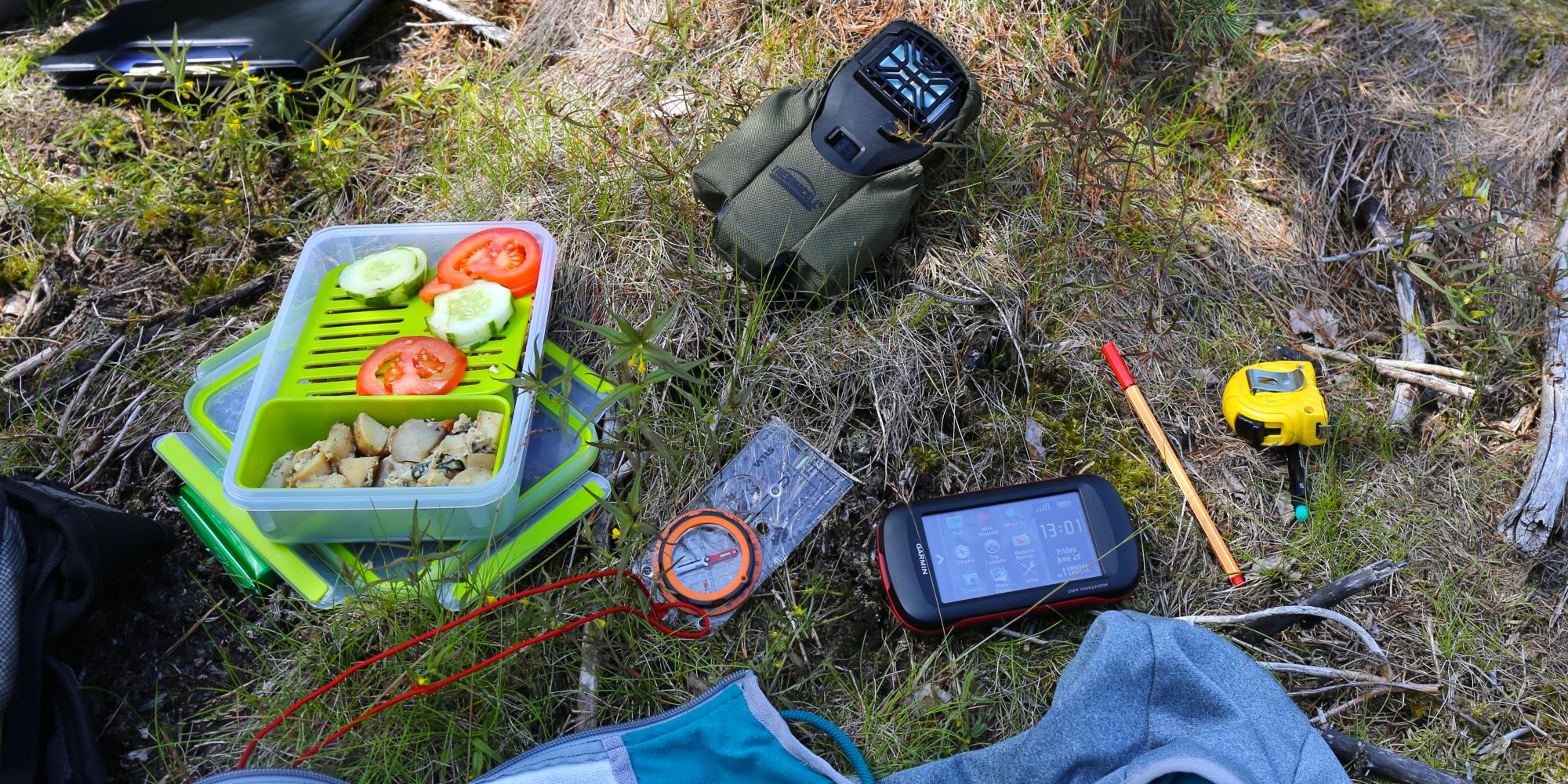
What Biosphere Expeditions does: See point 13 above.
Help out with conservation work without leaving your own home. The Zooniverse website is a great place to start. Zooniverse is the world’s largest and most popular platform for citizen science, people-powered research. The research is made possible by volunteers — by now over a million people around the world who come together to assist professional researchers with great success. Their goal is to enable research that would not be possible, or practical, otherwise, and they have many different types of research that you can help with. Many projects have produced unique scientific results, ranging from individual discoveries to classifications that rely on input from thousands of volunteers. Click on the ‘Nature’ projects to get a sample of the wildlife research that you can get involved with.
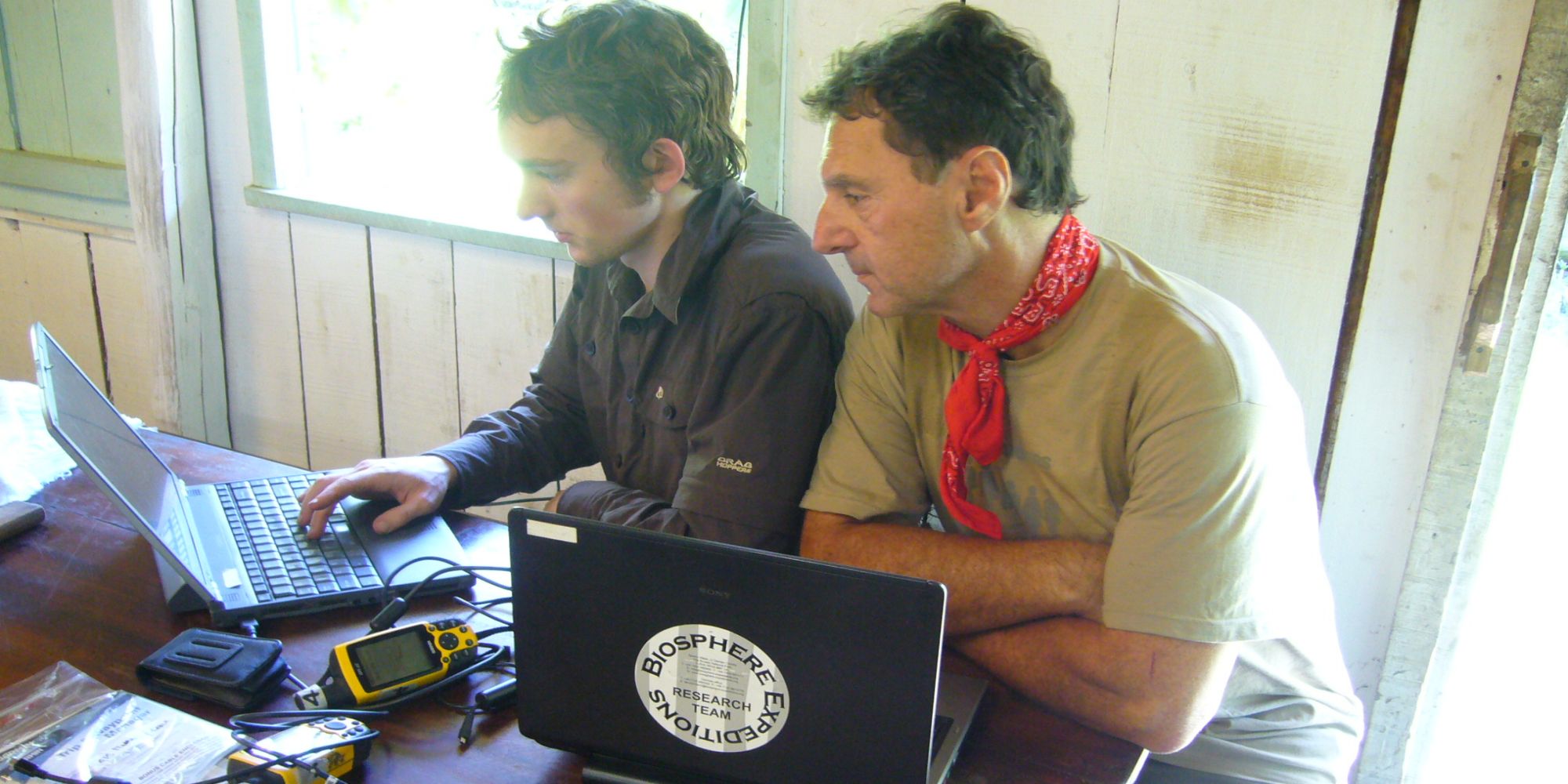
What Biosphere Expedition does: Citizen science is also what we are all about, but ours is on the more active, hands-on side of the spectrum (although we have some home-based projects too). The whole spectrum is important and armchair citizen science, when done well, is just as valid as expeditions in remote and challenging locations.


